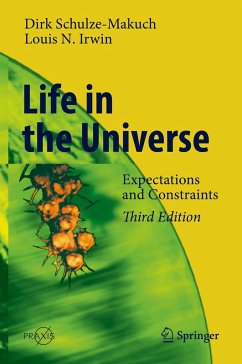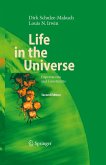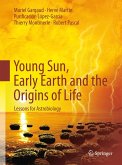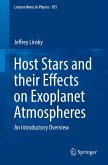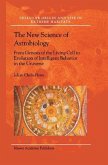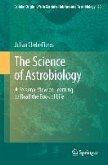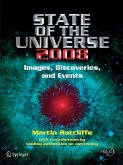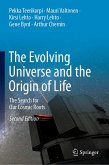This class-tested textbook examines the basic elements of living systems: energy, chemistry, solvents, and habitats in crucial depth. These elements define the opportunities and limitations for life on other worlds. The book argues that life forms we would recognize may be more common in our solar system than many assume. It also considers, however, the possibility of exotic forms of life based on backbones other than carbon, liquids other than water, and energy other than light. The authors offer an operational definition of life and summarize prevailing thoughts on plausible pathways for the origin of life on Earth and other worlds. They discuss remarkable adaptations to extreme environments, the nature and detection of geo- and biosignatures, the future and fate of living systems, and suggestions for the optimization of future exploratory space missions.
The entire text has been thoroughly updated in this third edition, with new sections added on exoplanets, synthetic life,the search for extraterrestrial life, and a tour of the bodies in our Solar System for signs of conditions conducive for life. While informed speculation in this emerging field cannot be avoided, the authors have clearly distinguished between what is known as fact and what are reasonable expectations. They present an objective assessment of the plausibility of life on other worlds that is broad and deep enough for the expert and for use as an advanced text in astrobiology, while avoiding scientific jargon as much as possible to make this intrinsically interdisciplinary subject understandable to a broad range of readers.
The entire text has been thoroughly updated in this third edition, with new sections added on exoplanets, synthetic life,the search for extraterrestrial life, and a tour of the bodies in our Solar System for signs of conditions conducive for life. While informed speculation in this emerging field cannot be avoided, the authors have clearly distinguished between what is known as fact and what are reasonable expectations. They present an objective assessment of the plausibility of life on other worlds that is broad and deep enough for the expert and for use as an advanced text in astrobiology, while avoiding scientific jargon as much as possible to make this intrinsically interdisciplinary subject understandable to a broad range of readers.
Dieser Download kann aus rechtlichen Gründen nur mit Rechnungsadresse in A, B, BG, CY, CZ, D, DK, EW, E, FIN, F, GR, HR, H, IRL, I, LT, L, LR, M, NL, PL, P, R, S, SLO, SK ausgeliefert werden.
"This book does a comprehensive job of touching on the many disparate topics that constitute the discipline. ... a useful book, which provides a starting point for those readers wishing to explore the primary literature in astrobiology. Summing Up: Recommended. Advanced undergraduates through faculty and professionals." (P. K. Strother, Choice, Vol. 56 (11), July, 2019)

